Given the rising economic hardship in Nigeria, it is no longer sustainable for public higher institutions to rely mainly on government grants to meet financial demands but need creative fund raising strategies, says former Vice-Chancellor of the University of Nigeria, Nsukka, Prof Bartho Okolo.
Prof. Okolo stated this at the third edition of the Jacksonites Professional Development Series (JPDS) seminar, an initiative of the alumni association of Mass Communication Department, UNN, tagged, ‘Fundraising Campaign for Higher Institutions in Nigeria’.
He noted that universities in the past could afford to rely on the government allocation and subventions to fund the universities, but no longer tenable today.
“Any university that does not embrace fundraising is not likely to survive,” Okolo warned.
He said Nigerians have a culture of donating towards educational development projects.
In his presentation, Restructuring the Emerging Landscape for Resource Mobilisation in Nigerian Higher Education, Prof Okolo said, “The Nigerian people like to donate; they like to commit to things that will impact humanity; they also will want to see their resources not misappropriated, misapplied or wasted completely.”
Referring to about N14 billion he had raised in his different capacities as deputy vice-chancellor and vice-chancellor of the UNN, Prof Okolo stated, “If in a country you can get this volume of resources donated, then the country is very much donation friendly. All we need to do is to develop proper strategy and relationships to be able to encourage the people who have the resources and who want to donate but are afraid that their money will be misappropriated.”
He further stated that in addition to constituting a fundraising team, creating a diary of donors, and forming strong corporate partnerships, Prof Okolo suggested that management of higher institutions should have a robust reward mechanism designed to appeal to different target donors. “These donors will require rewards as incentives to commit their resources. [It’s] either you find out what their passion is, whether they would like to have the project named after them, have their name in a hall of fame or publicly announced. You need to find out the reward mechanism that will appeal to each donor,” Okolo added.
Strategic Communication, Key To Fund Raising
Similarly, Emeritus Professor of Strategic Communication at North Dakota State University, Prof. Charles Okigbo stated that what makes for the success of a capital campaign is strategic communication.
In his lecture captioned, Fundraising and Capital Campaigns as Strategic Communication, Prof. Okigbo, who is the first Registrar of Advertising Practitioners Council of Nigeria (APCON) said, “It’s not fundraising unless it is strategic. Fundraising is not something we engage in by accident.”
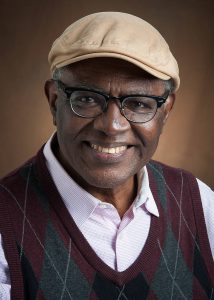
According to him, fundraising is a deliberate activity that requires one to have a plan that details the target amount to raise, the major donors, how to get them to donate as well as to measure progress.
Prof. Okigbo further suggested that to succeed in any capital fundraising campaign, an organization must be clear about its mission, carry out feasibility research, develop a strategic plan, research on the prospective donors, build a team, define a timeline for a fundraising campaign and execute with dexterity.
He further pointed out flaws in typical fundraising campaigns in Nigeria which include: no distinction between the silence and public phase, disregard for Pareto principle and gift range chart in the identification of donors, poor stewardship, and recycling of traditional money bags.
Furthermore, one of the speakers at the seminar, John Klocke, introduced an interesting perspective of the overall theme of fundraising with the presentation caption, Fundraising is NOT asking for Money. ”Drawing from his over 30 years experience in fundraising in healthcare, social science, and higher education, he said that when it comes to relating with donors, “we need to be communicating with them a great deal before we ask them for funds. Donors are expecting some personal relationship-building communication that is not about asking them for money but is about thanking them and showing them the impact of their gift.”
He further suggested that well-written notes, annual impact reports, periodic newsletters, personal visits, stewardship events for donors are non-ask communication that should be cultivated and sustained with donors. In his view, it’s the non-ask communication that builds the relationship to make donations flow easily. “Do not ask for a gift until you have thanked the donors at least two times and have communicated the impact of their gift so that they are satisfied with the gift.”
He further stated that before one embarks on a fundraising campaign, one should be abreast of the statistics about an organisation/project to formulate a plan and allocate fundraising resources judiciously.
He further opined that the most important closing question to ask is not asking for money, but securing permission to appeal for funds by asking for the opportunity to send them a proposal. “Fundraising is not asking for money. Fundraising is thanking, communicating impact, and getting to know what the donors’ interests are.”
In his presentation in partnership with Dr Betsy Birmigham of Lakehead University, Thunder Bay, Canada, and Dr Kelly Sassi of North Dakota State University, USA, Prof Charles Okigbo stated that everything about fundraising is about people ranging from the advisory board that conceptualises and runs the campaign to the media that will tell their story. “It will be impossible to succeed in capital fundraising if you don’t have a board of advisors. You are not God; you don’t know it all. Ideally [it should be] a pull of men, women, professionals, teachers, students, alumni, donor.” he said.
He further warned, “Don’t just choose them [board of advisors] because they are talented in the areas you need them, choose them because they have time for your mission. There are talented people who are too busy.
Prof. Okigbo suggested that to identify the talents needed for a capital campaign, one should carry out an environmental scan to uncover board members, use the snowball technique to get more advisory boards and eliminate those that are not qualified due to their reputation or competence level.
Five case studies of different fundraising campaigns in Nigerian educational institutions were discussed by Professor Ladi Adamu of Ahmadu Bello University, Zaria.
READ ALSO: OTIONO: Nigerian Media Ever Resilient, Not Docile
The virtual seminar which was held on 23rd March, 2022 was moderated by marketing communications expert, David Tosin Bakare of DD-IMC Ltd, a 360-degree Marcomms, and had in attendance at least 165 participants from different parts of the world including the President of Jacksonites Worldwide, Prof Pat Utomi, the vice-chancellor of the University of Port Harcourt, Professor Owunari Abraham Georgewill, Professor Yakubu Ochefu, Secretary General of the Association of Nigerian Vice-Chancellors , former Dean of Faculty of Arts, UNN, Prof. Nnanyelugo Okoro, Mr Obi Emekekwue, CEO, DelReeve Konsult Limited, Prof Matthew Oluwamukomi, Dr J.N. Okoli of Dept of Human Nutrition and Dietetics, MOUA, Umudike, Nigeria, Ngozi Oguguah Of NIOMR, Ven. Dr. Joseph Nnaemeka Chukwuma, UNN, Kabiru Ibrahim Jahun, Prof. Dokubo, Isaac Nwojiewho, Prof Ifeoma Enweani-Nwokelo, Dr. Ebenezer Idowu Olatunbosun Ajayi (FIPMD), Dr. Kenneth C. Ugoeze, Rev Abel Isirue, and Dr Khadijah Iyabo Tijani.
The chairperson of the Steering Committee, Professor Chinedu Mba of Algonquin College who said that Jacksonites Professional Development Series is born out of the mission to “elicit and foster the collaboration of town and gown discourse and research in the Communications & Allied fields” announced that a follow-up workshop comes up in May.

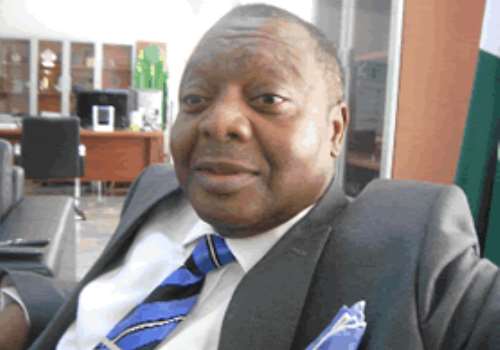

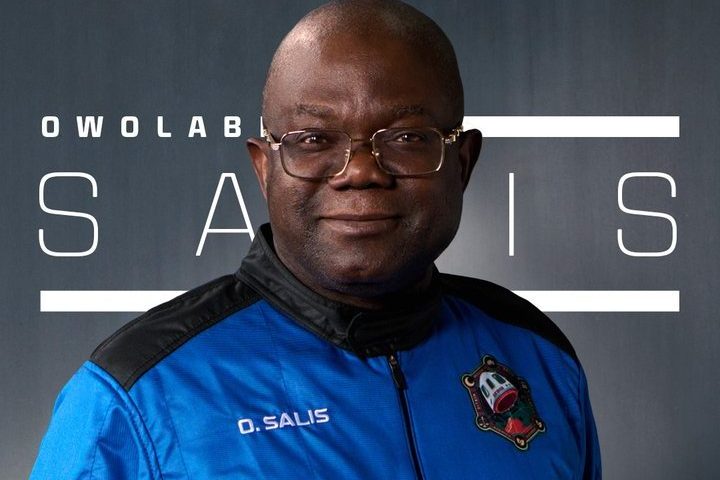
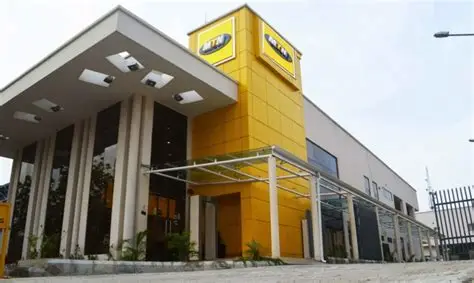









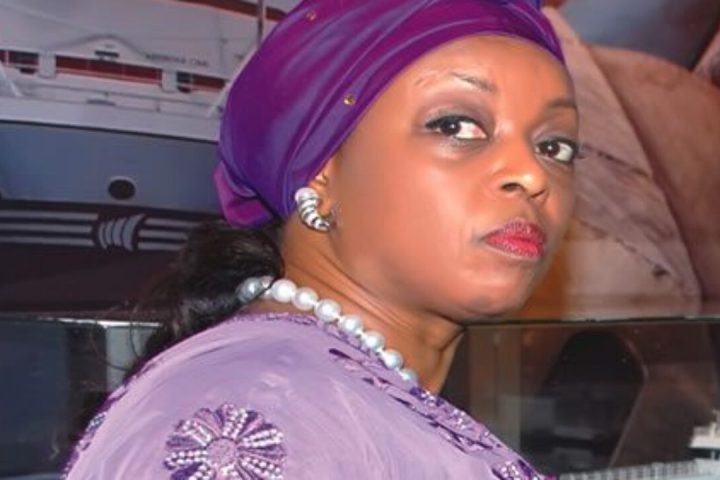

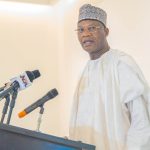
Follow Us